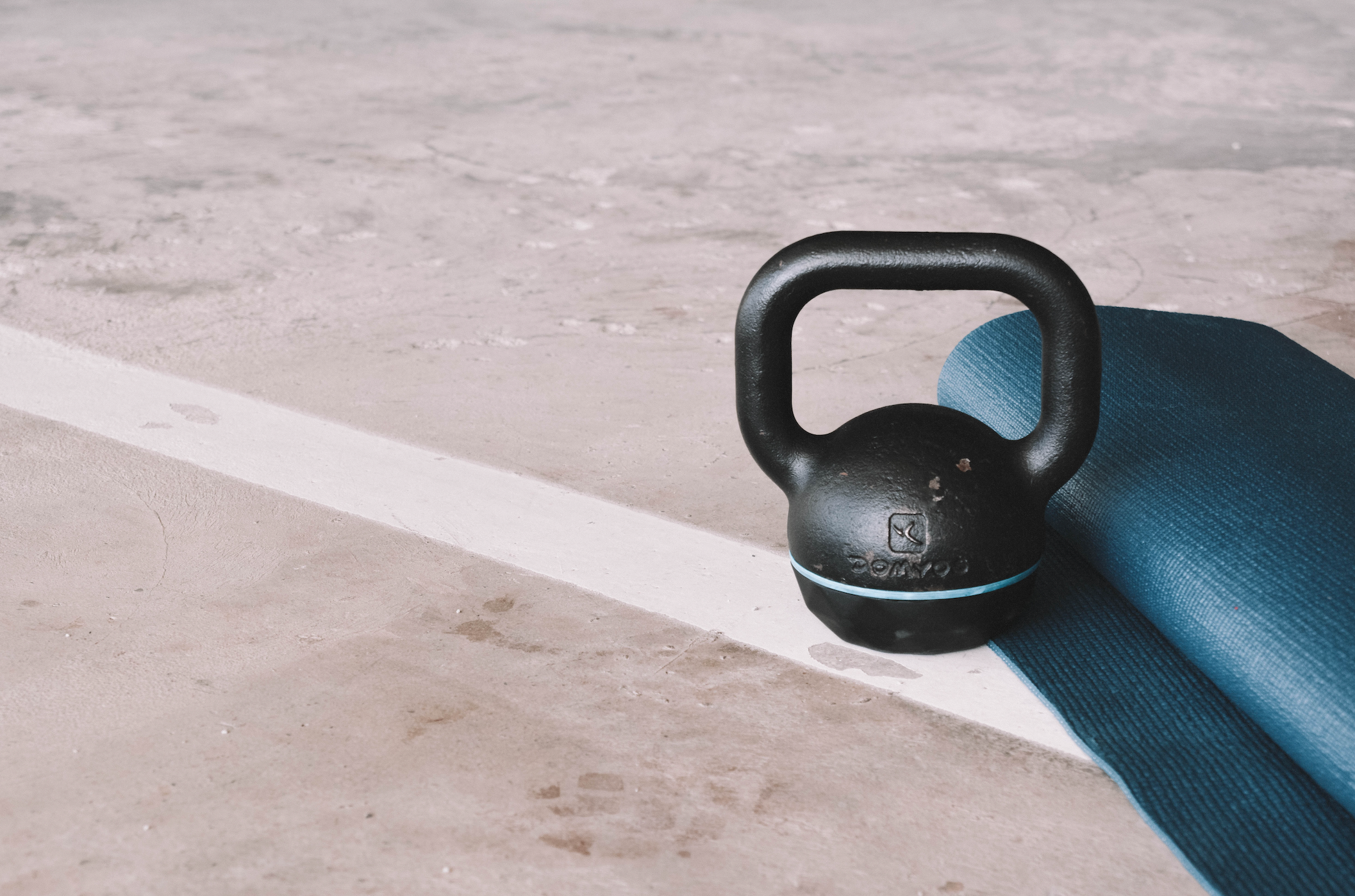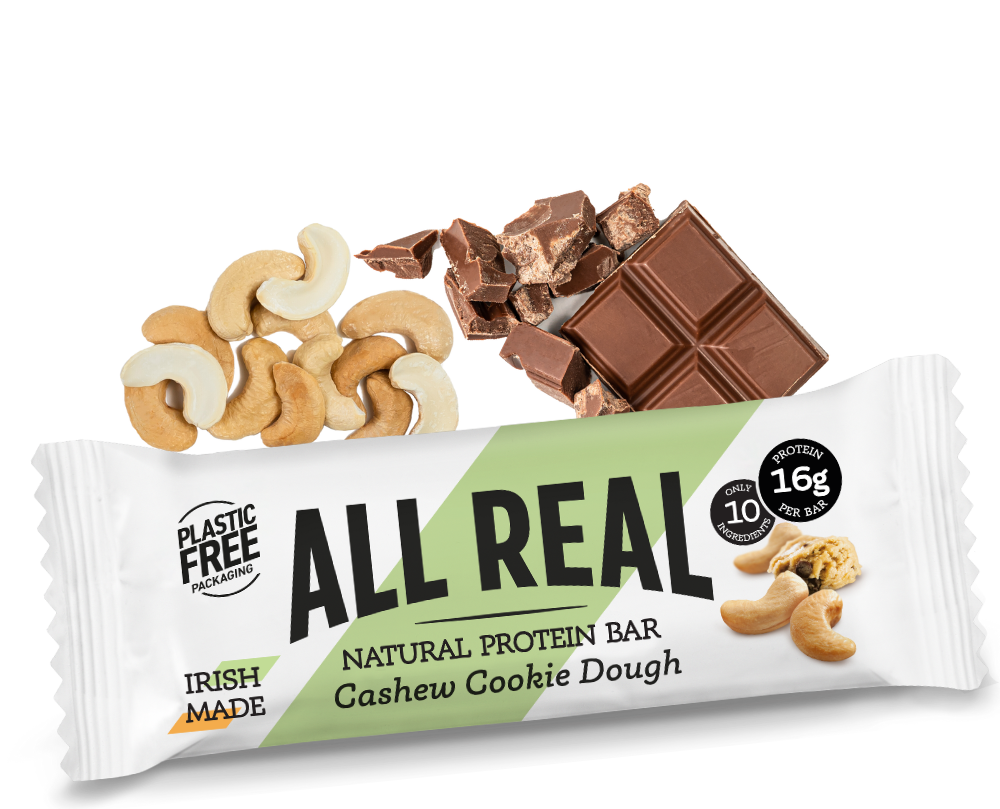Feb 21, 2022
Making The Most Out Of Your General Training
The life of a regular person is busy. Running around here, there and everywhere trying to fit everything in all the while keeping balance in your life. You exercise and train regularly in the hope of improving fitness, strength, body composition, performance, or like me all 4!
Making time for exercise is great and will for sure have positive effects on your health. But are you really making the most of your training? Do you feel like you are doing everything right? Working hard, pushing yourself but not seeing the results you want or deserve.
This may come down to your nutrition. Maybe you don’t have the right fuel in the tank, you’re not hydrated, you’re not getting enough sleep or you’re not consuming the right nutrients to recover, build and progress. All these points are equally important when it comes to your training but in this blog I’m going to concentrate on the latter. Nutrients for recovery, specifically protein.
We’ve all heard that protein helps grow muscles. However, it does so much more than that and growing muscle is a long difficult process where adequate protein is just one of the tools you need to achieve it.
Adequate protein intake will aid in improving your fitness, strength, performance, and yes, your body composition too. Due to the high thermic effect and several other factors, a high protein intake tends to boost metabolism while scoring very high on the satiation index (keeping you fuller for longer). Two very important factors for those looking to achieve fat loss.
So, what is adequate protein?
The old recommended daily intake was 0.8g per kg of bodyweight. This is the minimum requirement to avoid deficiency. Current evidence indicates intakes in the range of at least 1.2 to 1.6 g per kg of bodyweight of high-quality protein is a more ideal target for achieving optimal health.
Now that is for optimal health. If you’re a regular trainer then you should aim at least at the higher end of the scale even up to 2g per kg bodyweight.
By doing this you will support muscle protein synthesis (muscle building), increase lean body mass, repair and strengthen damaged muscle from whatever your preferred training is, and for the real geeks increase mitochondrial capacity via an increase in aerobic enzymes (improve endurance).
Ok so knowing all this the biggest questions are when and how I should consume protein? It’s best to spread your protein intake throughout the day. That means about 4-5 portions a day, aiming for 20g-30g (depending on your size/weight) of protein every 3-4 hours. By doing this, you’ll eat protein before and after exercise without too much extra effort.

I wouldn’t worry about running home to get your protein within a 30-minute anabolic window of your training session but I would recommend consuming a good protein-rich meal within 2 hours afterward. Why? Because simply put, it will help supply your body with the building blocks for your muscles’ recovery and growth. This will without doubt help make the most of your general training sessions. On top of consuming protein post-training, don’t forget to start by rehydrating yourself and consuming some carbs too.
If you’re in a hurry, which most of us are and you want to get some protein in while on the go then All Real protein bars have got you covered. With 20g of protein per bar, top-quality ingredients they are my go-to on-the-go snack.
The long-term benefits of adequate protein intake are also limitless and should not be overlooked. Inadequate protein compromises immune function, muscle retention and increases the risk of sarcopenia and arthritis as we age.
The bottom line is you certainly don’t have to be a professional athlete to use protein to maximise your training results. However, it is for sure one factor that will greatly help every individual.
If you’re one of those people who just can’t seem to achieve the results you want from your training, then maybe have a look at your protein intake. If you are falling short of 1.6g per kg of body weight per day you may have found an area you can improve on.
Happy eating!!
Ian Flynn

Ian is a nutritionist and coach who believes in promoting smart evidence based nutrition to benefit each individual regardless of their goals. He advocates sustainable small changes for improving long term health, wellness and fitness outcomes.









